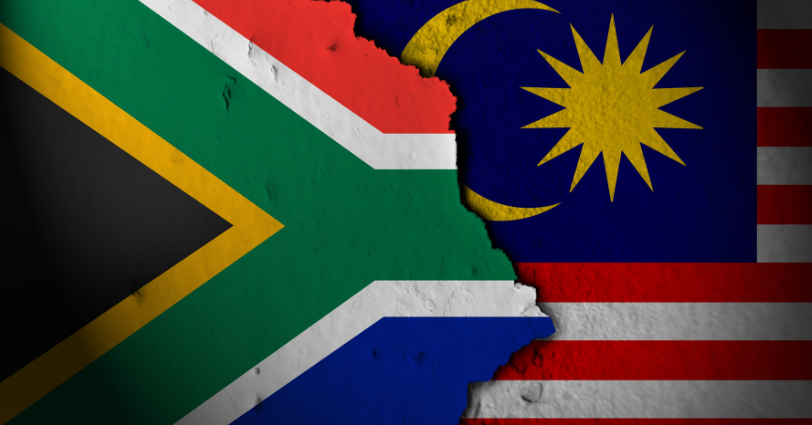Affirmative Action in South Africa & Malaysia: What Can We Learn?
Dr Lee Hwok-Aun, Senior Fellow, Malaysian Studies Programme, ISEAS-Yusof Ishak Institute
02-May-24 14:00

Embed Podcast
You can share this podcast by copying this HTML to your clipboard and pasting into your blog or web page.
Close
South Africans celebrate “Freedom Day” every April 27, commemorating the country’s first democratic election in 1994. It also marked the official end of racial segregation and apartheid in South Africa. Apartheid and racial segregation meant that there was a huge inequality and inequity gap between the ethnic groups in South Africa, namely the minority white population and the poorer majority black population. To tackle this, South Africa implemented an affirmative action policy which bears some resemblance to Malaysia’s New Economic Policy.
So, decades on, what has been the result of the affirmative action policy in Malaysia and South Africa?
Dr Lee Hwok-Aun, who’s a Senior Fellow of the Malaysian Studies Programme at the ISEAS-Yusof Ishak Institute, has spent many years studying the ethnic majority-favouring affirmative action policy in South Africa and Malaysia. He joins us on the show today to share his insights.
Image Credit: Shutterstock
Produced by: Dashran Yohan
Presented by: Dashran Yohan
This and more than 60,000 other podcasts in your hand. Download the all new BFM mobile app.
Categories: politics, international
Tags: quota system, the bigger picture, beyond the ballot box, affirmative action, nep, new economic policy, race, inequality, equity,

